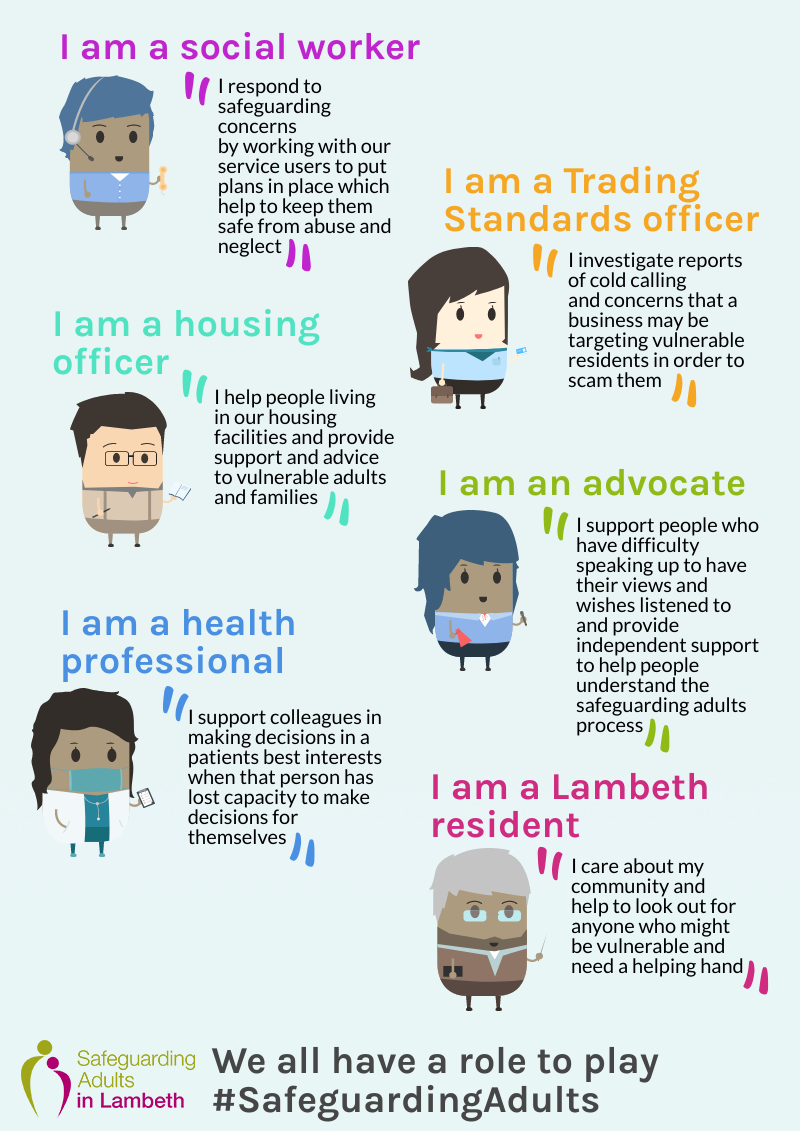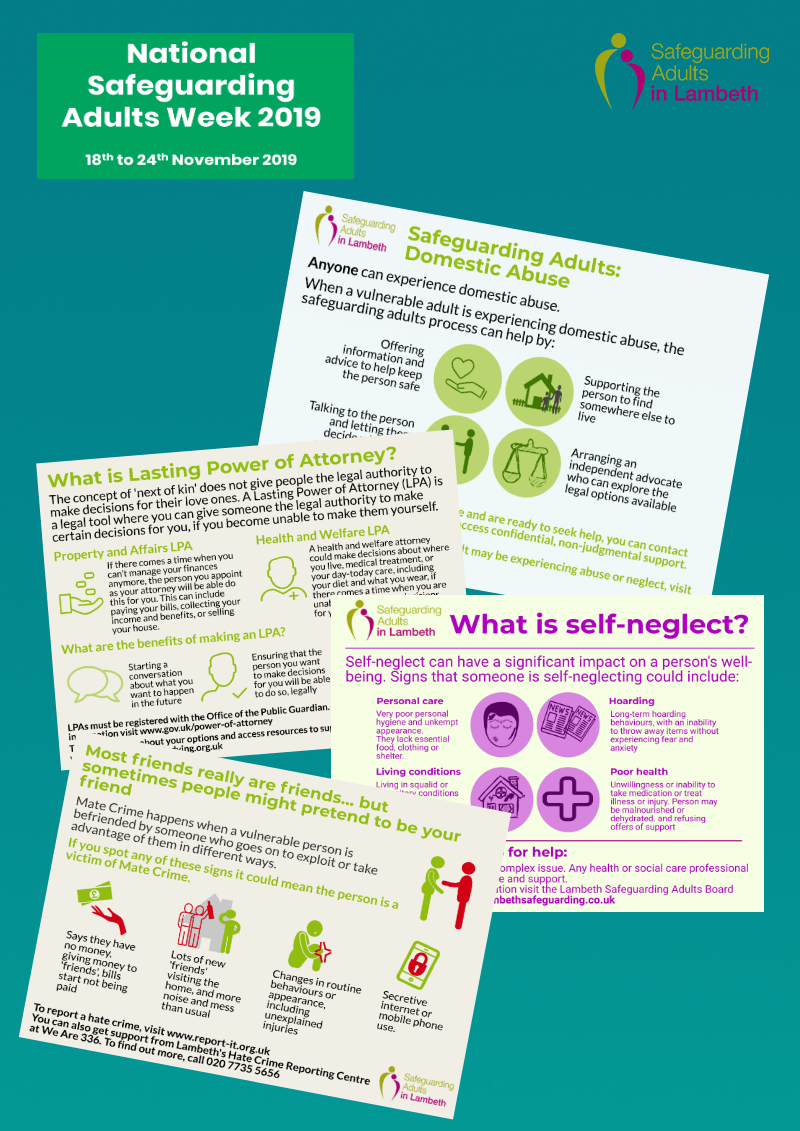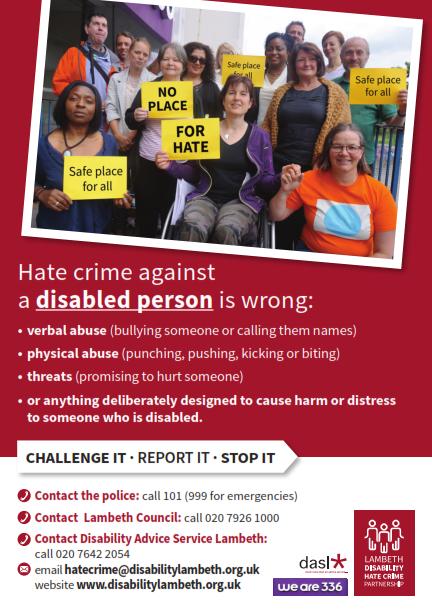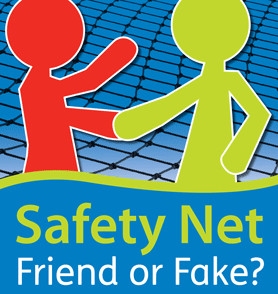Safeguarding Adults leaflets and Information Sheets

The below leaflets provide information and advice around what adult abuse looks like and how to raise a concern.

The below leaflets provide information and advice around what adult abuse looks like and how to raise a concern.

"Am I being forced to marry?" is an easy-read guide developed by Respond and targeted at people with learning disabilities. They also have a separate resource to support parents of persons with learning disability understand mental capacity and marriage, and how this links to forced marriage.
Many professionals working with adults have encountered cases of self-neglect or hoarding. This is a challenging area of work because often there is no simple way to help. This quick guide outlines the key messages for working with people who self-neglect.
We also encourage you to make use of new multi-agency guidance which outlines the different ways in which we can support people.
To help others think about what more they could do within their organisation to help protect adults at risk from abuse and neglect, the Community Reference Group developed a pledge document that lists simple ways to raise awareness of adult safeguarding and play a preventative role. What will you pledge to do?

The Herbert Protocol is a form that carers, family or friends of a vulnerable person can fill in.
It contains a list of information to help the police if the person goes missing, including medication required, mobile numbers, places previously located and a recent photograph.
Keeping a completed form saves the worry of trying to recall the information during the stressful time of someone going missing. It also saves time for the police, allowing the search to start sooner.
The initiative is named after George Herbert, a war veteran of the Normandy landings, who lived with dementia. He died whilst 'missing', trying to find his childhood home.
To find our more and to download the forms visit the Metropolitan Police website.
If you discover a person is missing, conduct a brief ‘open door’ search of the address, grounds and outbuildings, to see if you can find them.
If they're still missing, call 999 immediately. Don't worry - you won't be criticised for calling the police if you are worried about a person's safety. The sooner the police know someone is missing, the sooner officers can start looking for them.
Connect Lambeth is a group of local charities working together to help some of Lambeth’s most vulnerable residents: Age UK Lambeth, Disability Advice Service Lambeth (including the Royal Association for the Deaf) and Carers Hub.
Support includes information and advice helplines, advocacy for people in difficulty, assistance in filling forms and claiming a full entitlement of benefits, a befriending service and community development. Connect Lambeth is also one of the best places in Lambeth to volunteer, with a range of opportunities on offer for people to give back to the community and gain valuable new experience.
.

If you have a disability and have been affected by a hate crime or hate incident of any kind and would like to talk to someone about it, you can contact the Lambeth Hate Crime Reporting Centre based at Disability Advice Service Lambeth, We are 336, 336 Brixton Road, SW9 7AA.
There you will be offered a safe place to talk about what happened and receive confidential support, advice and information. The advocacy worker can also assist you to report the incident to the Police if you wish to and can be by your side throughout the whole process. They can also act on your behalf to help you get practical support surrounding your safety and your wellbeing.
For more information about available services visit the DASL website.

Mate crime happens when someone ‘makes friends’ with a person and goes on to abuse or exploit that relationship. Mate crimes are likely to happen in private, often in the victim’s own accommodation. They can also happen via social media, where victims are financially or sexually exploited after being befriended online.
Safety Net was a project launched by Arc UK in 2009 to prevent the exploitation of people with learning disabilities by those claiming to be their friends, and aimed to deal with issues around mate crime.
They have developed a number of resources to help people with a learning disability, and those who support them, recognise and report mate crime
Carlisle Mencap's Independence Studio have developed a short film called 'Tell Someone', which highlights the dangers of mate crime and depicts cuckooing. The full video can be seen here.